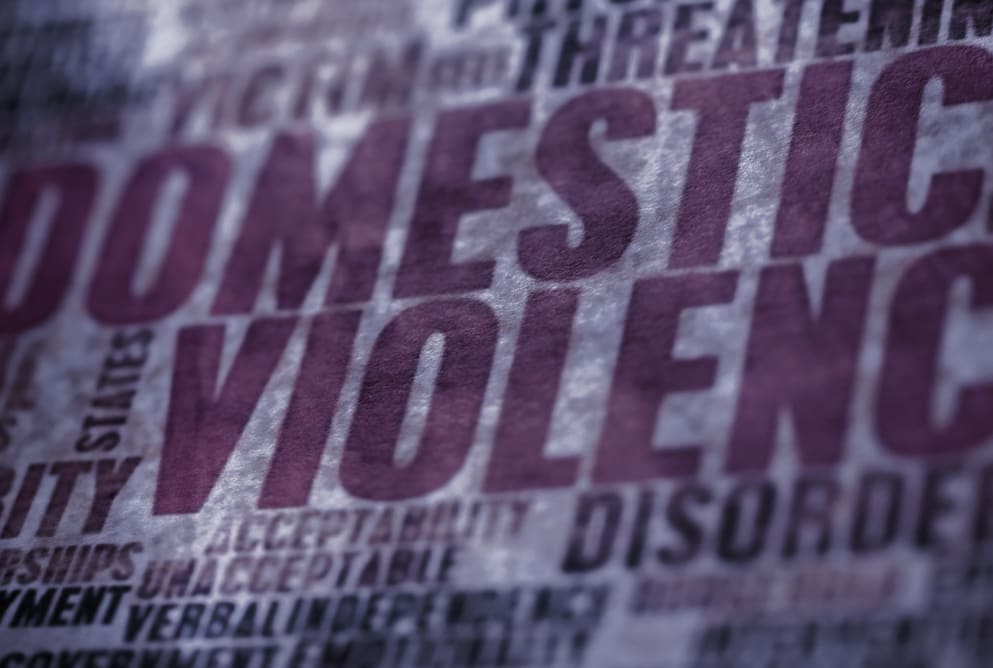Domestic abuse is something we've all heard of. But what's less talked about is the wider impact it has on those experiencing it, and the devastating consequences it can have on their lives. For example, did you know that domestic violence is a significant cause of homelessness? According to the statistics, 11% of homeless people in England and Wales in 2016/17 had left their homes as a result of a violent relationship breaking down.
Whether directly or indirectly, domestic abuse is a major contributing factor for many facing life on the street. Whilst homelessness is difficult in all circumstances, for victims of domestic abuse there are unique and additional challenges.
Domestic abuse and mental health
This could be another blog topic in itself, but it's important to include here as part of the much bigger picture. The problem here is twofold. Victims of domestic violence are more likely to suffer mental health issues, and those who have issues with their mental health are more likely to be victims of domestic abuse. It's a complex problem and a cycle that's difficult to break.
To make matters worse, domestic violence is linked not only to poor mental health, but also to substance misuse. And both of these issues are often barriers to people seeking to put an end to their homelessness. From being deemed too risky for placements, to not being believed, it's no surprise that victims of domestic violence find themselves either very close to, or experiencing, homelessness.
Violence on the streets
It takes a lot of courage to leave a violent relationship. It's not acceptable then, that many victims have put their safety at risk, left the relationship and their home only to find themselves homeless and facing violence on the streets.
According to research, homeless people are 17 times more likely to experience violence than members of the general public. That violence includes (but isn't limited to) being kicked, having things thrown at them, being urinated on and being sexually assaulted. Ultimately, choosing between staying with an abusive partner and living on the street is a choice nobody should have to make.
Isolation and instability
When someone is fleeing domestic violence, moving from one temporary placement to another, sofa surfing and desperately trying to make ends meet can make it very difficult to see a more positive future.
One of the biggest challenges is the fact that victims of domestic abuse are often expected to leave their homes and relocate to a new area. This is especially problematic where children are involved, since parents are left to consider the impact of this instability on their children. Arguably, there needs to be a bigger focus on perpetrators of domestic violence as opposed to uprooting and destabilising the victims of it.
The relationship between homelessness and domestic abuse is a cyclical one. Any response to the problem must be one that considers all of the factors involved and the additional needs that victims of domestic violence have.
Here at Simon on the Streets, it's our aim to provide a voice to the homeless, whatever the circumstances. To find out more about about the work we do and how you can help, take a look here.
